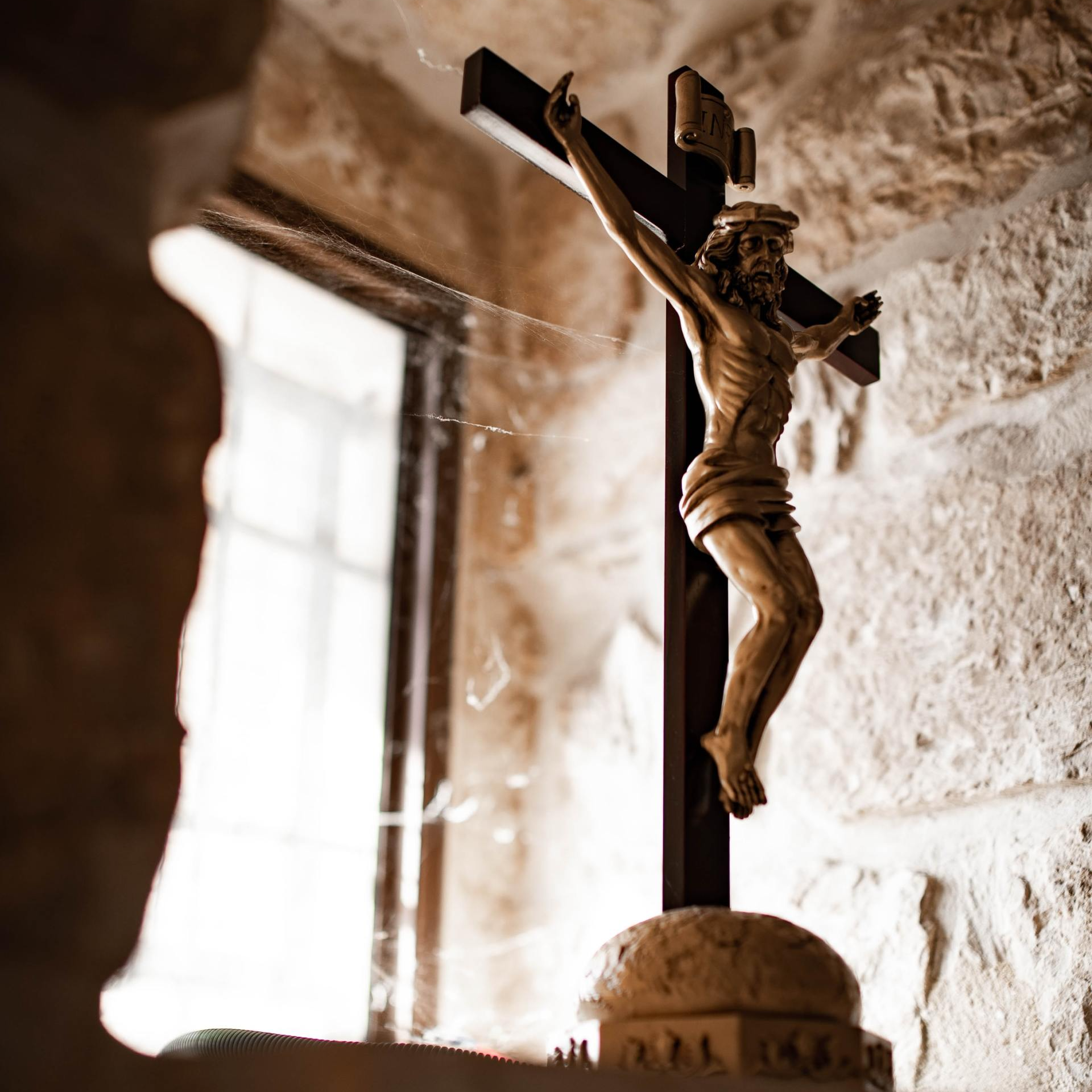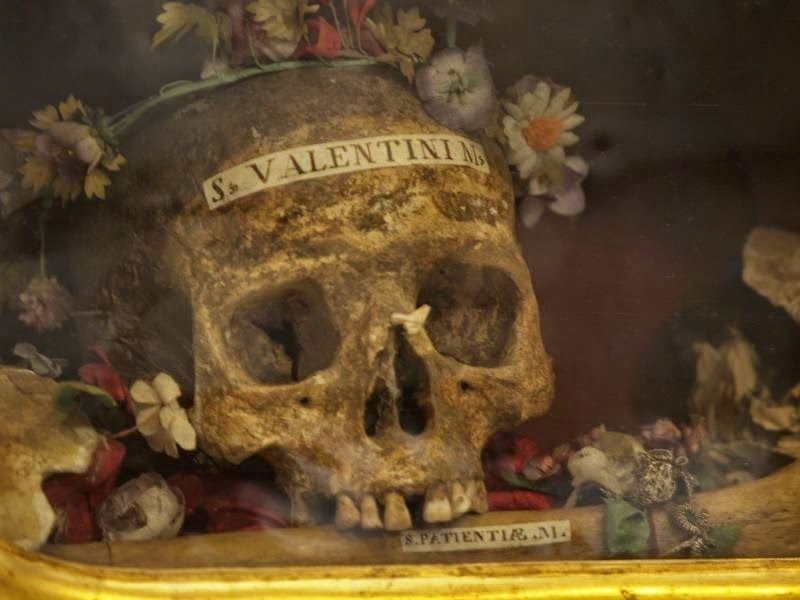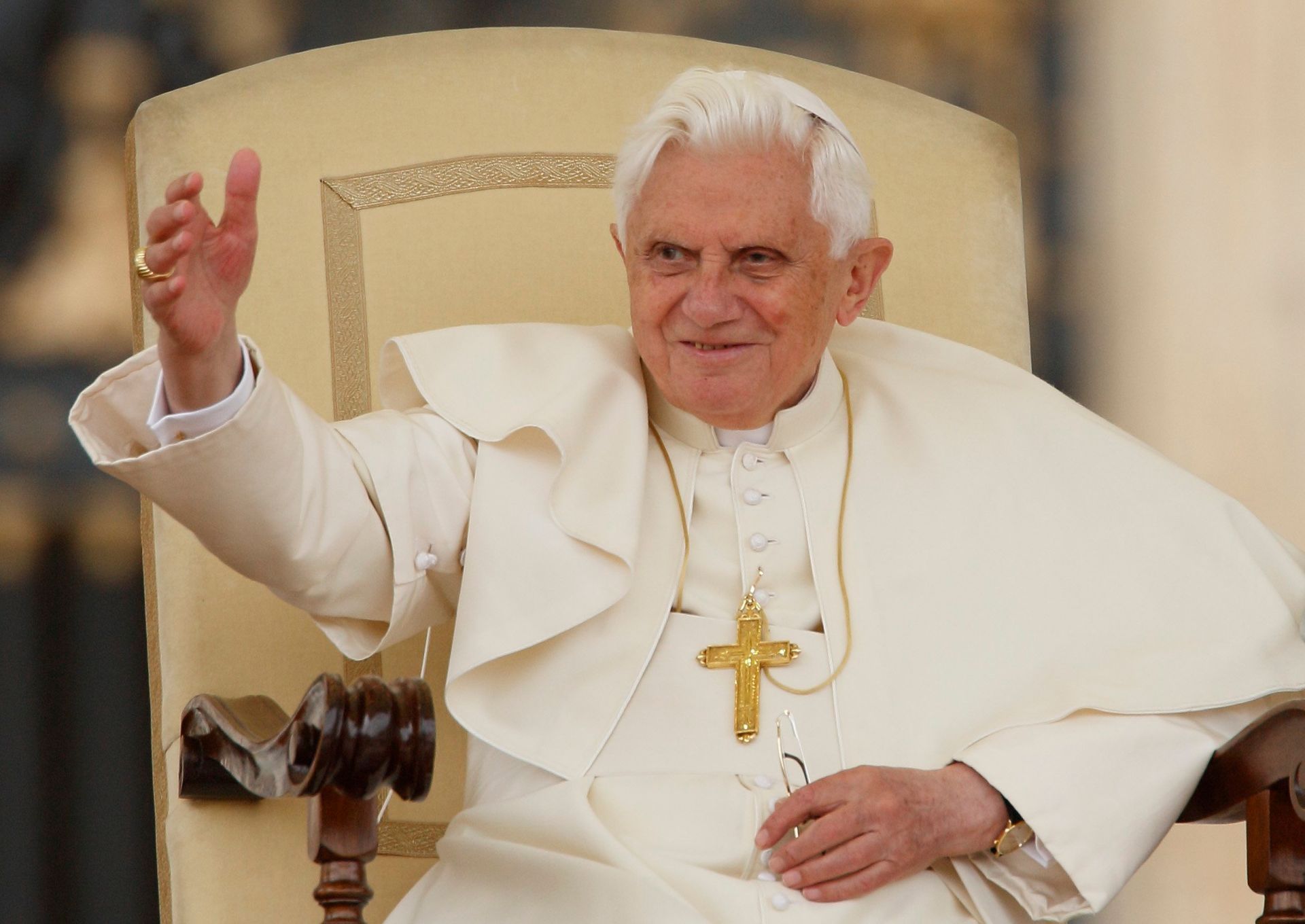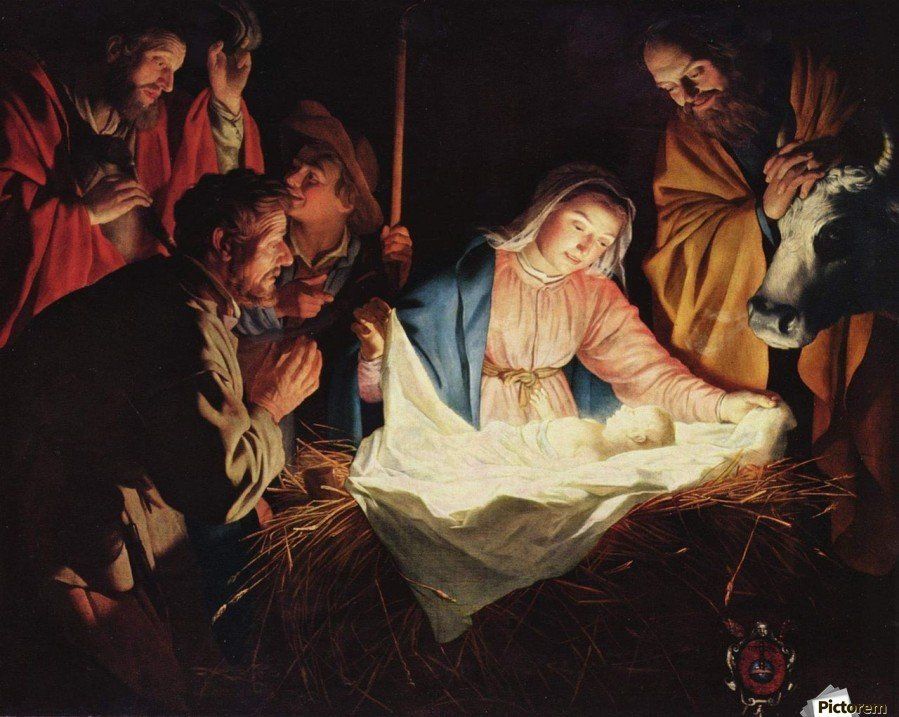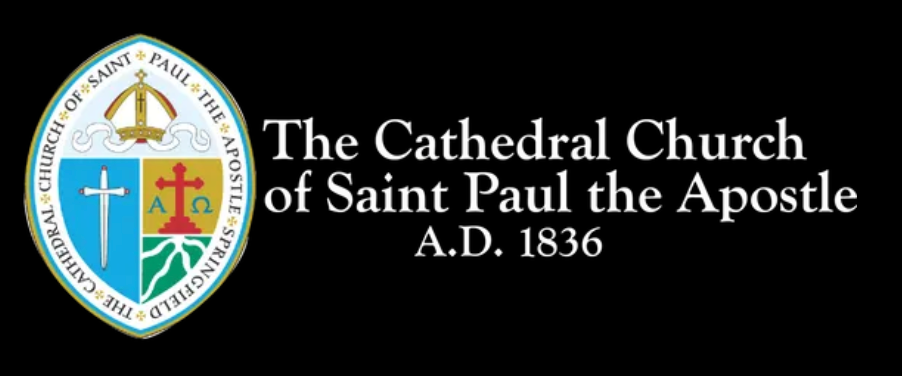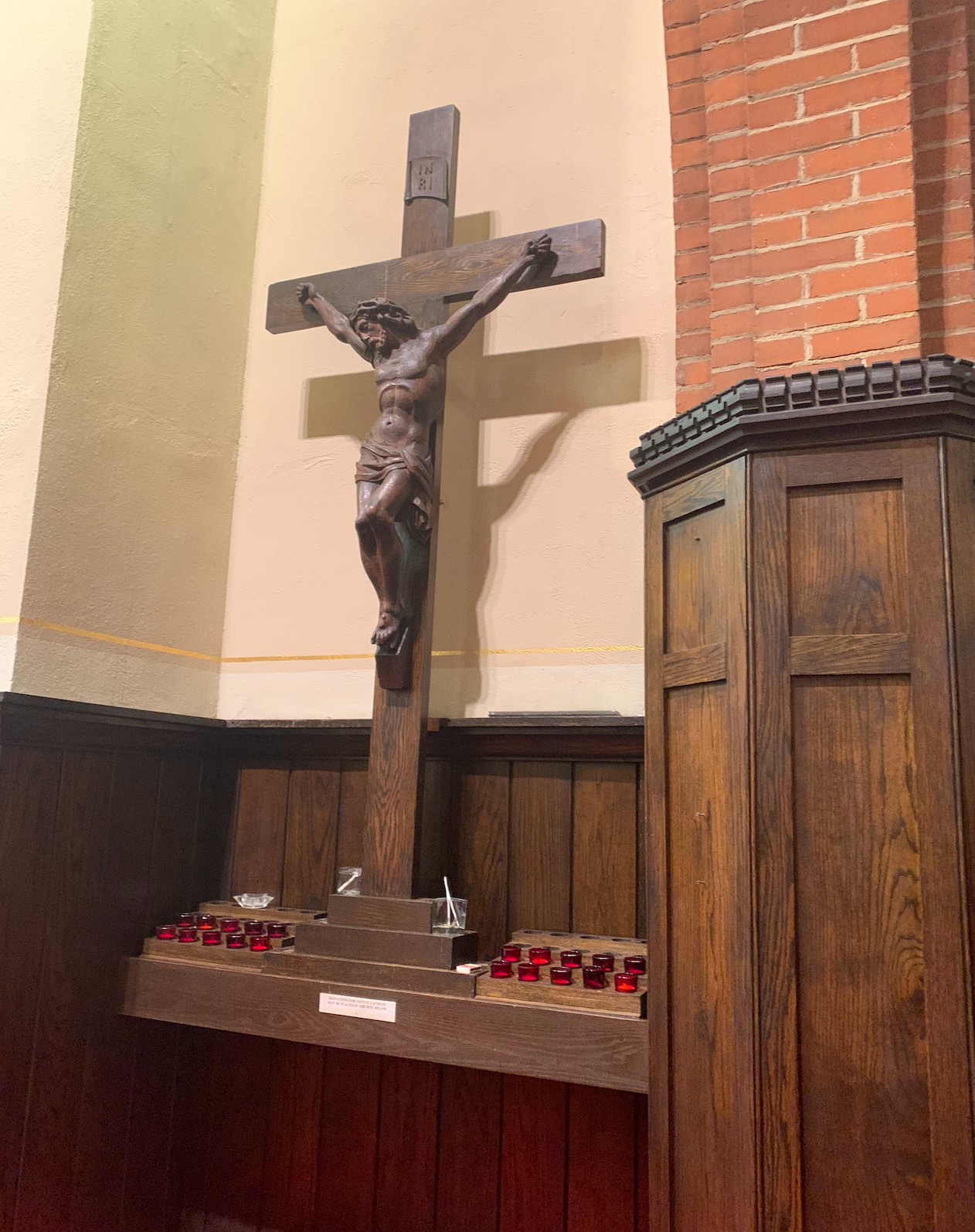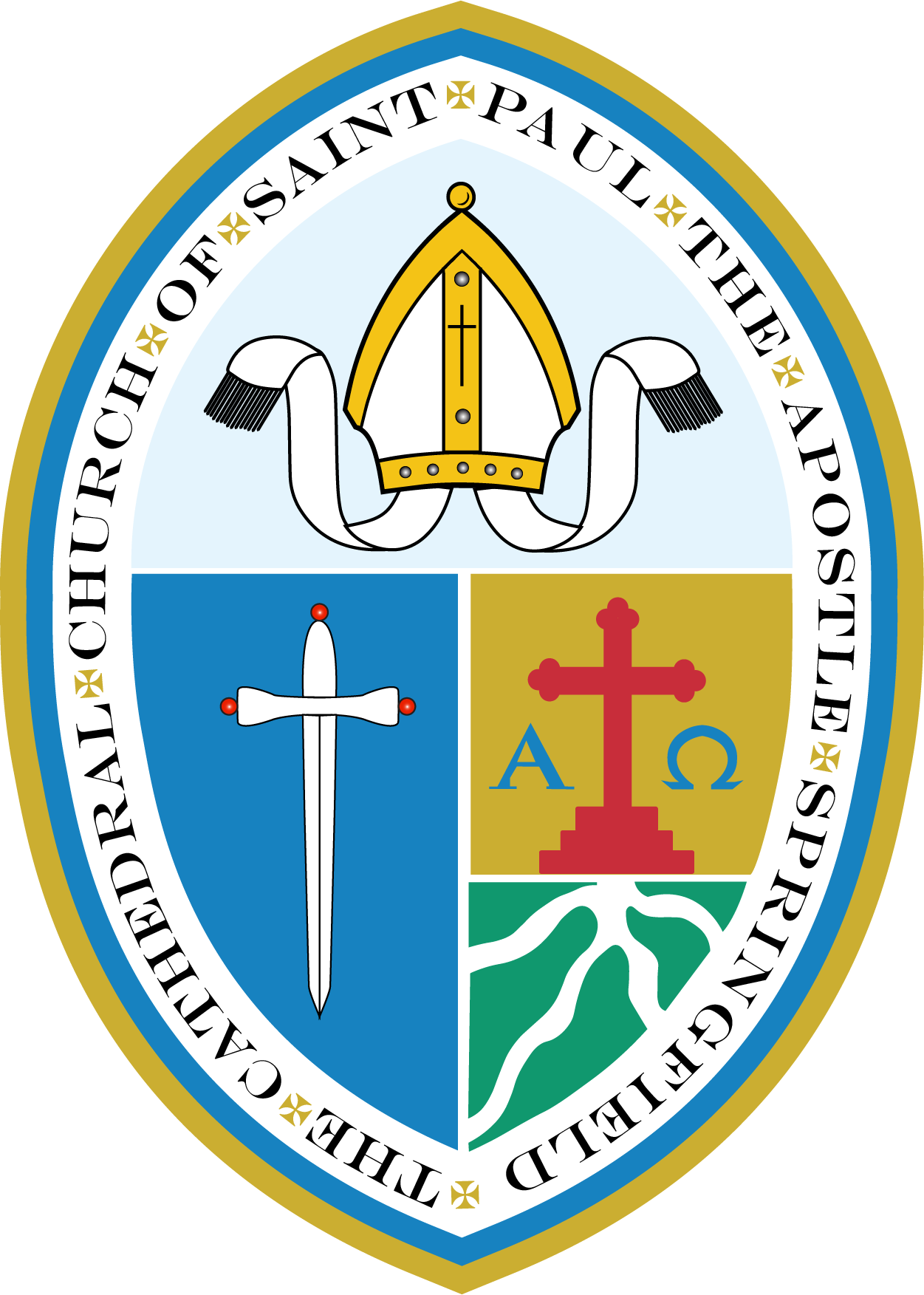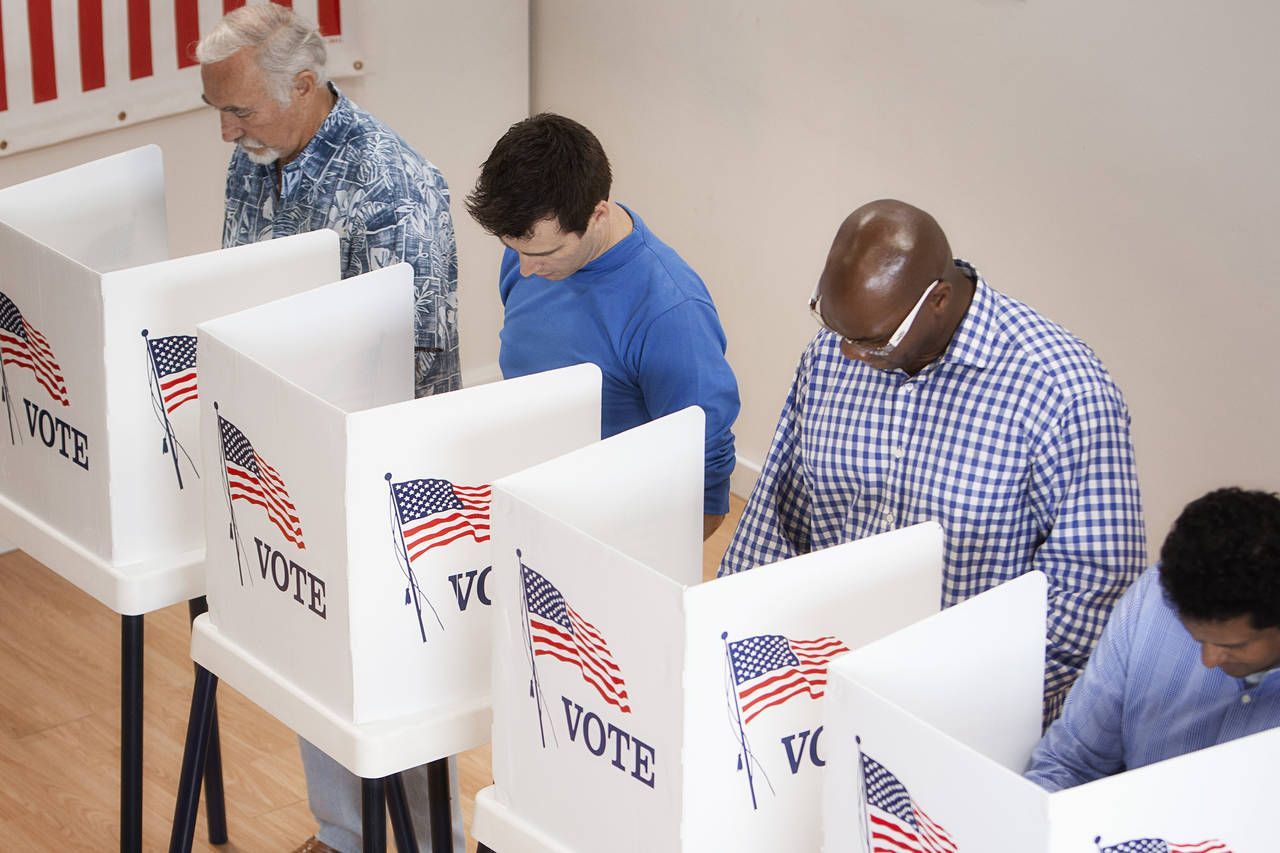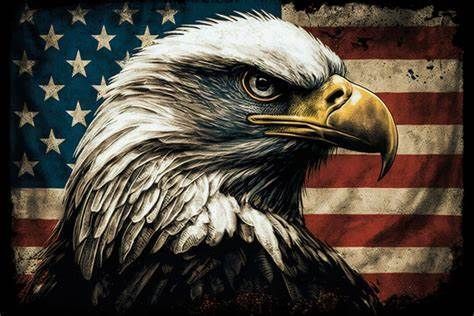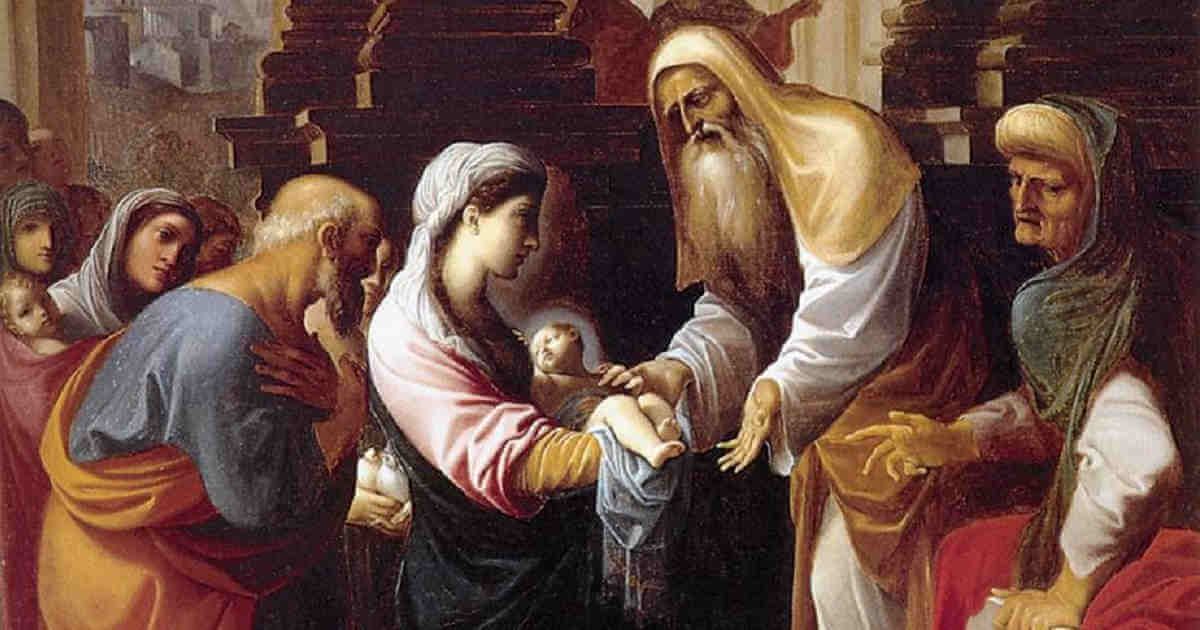Sermon for Independence Day
It's Complicated
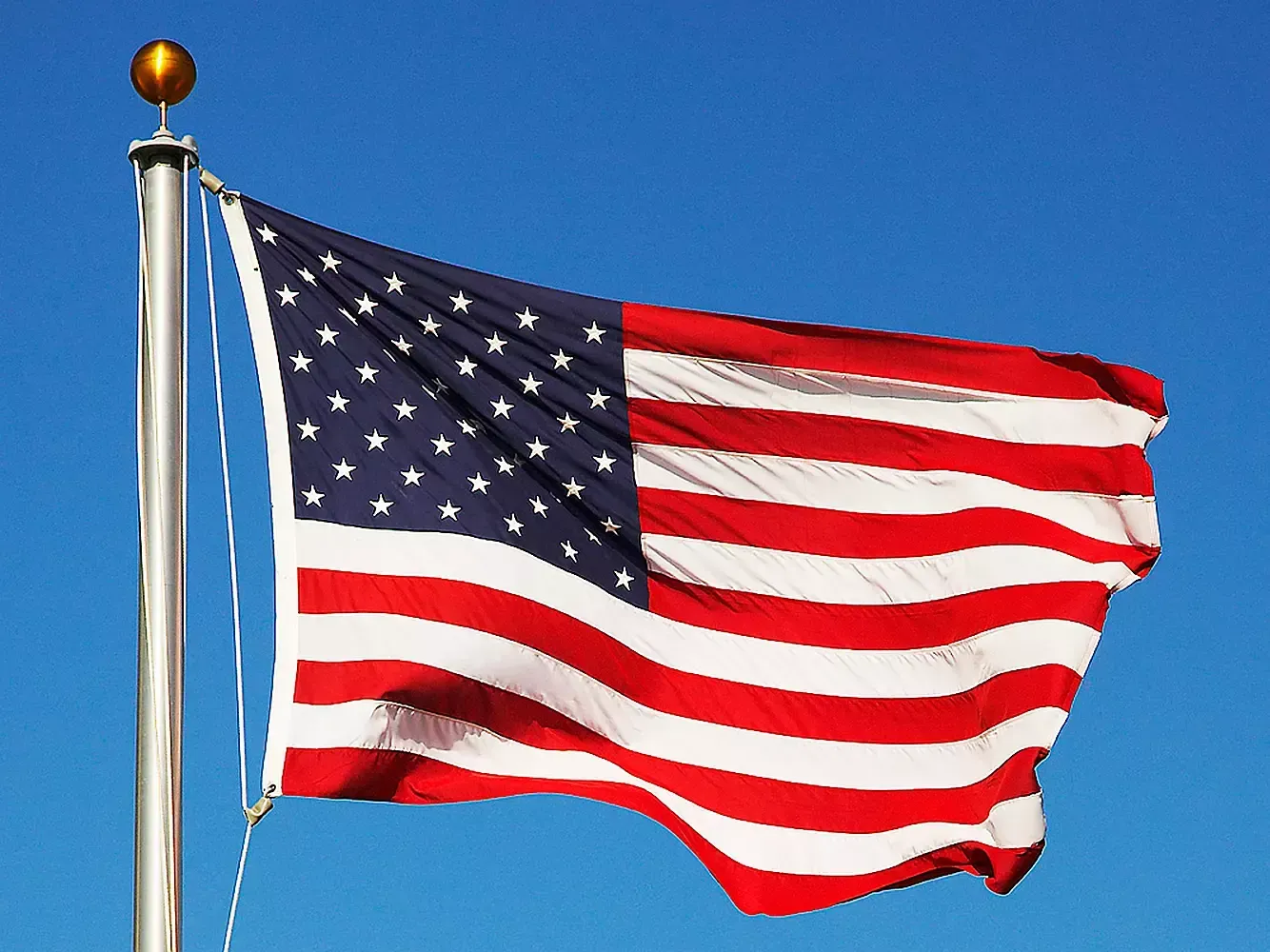
If I were to use a Facebook status to describe my relationship with these United States of America, I would choose ‘It’s Complicated’. My love of America did not really begin until my Senior year of High School when I was awarded a medal and college scholarship by the American Legion. In the center of the medal is the lamp of learning resting on a book and around the perimeter are the words courage, honor, leadership, patriotism, scholarship, service. Along with the award came the honor of attending the city-wide Memorial Day Service in Greenwood Cemetery and reading the Gettysburg Address.
From high school I went off to attend four years of college in Mennonite institutions. While in school with the Mennonites, I learned about our historic pacifism which became a core belief in the Anabaptist/Mennonite tradition since it’s beginning in the mid-1500s. Along with the Mennonite emphasis on pacifism there was also instilled in us the general caution and skepticism of government.
One must understand our religious and ethnic history to understand why there is so much doubt towards the government held by these particular Christians. Mennonites lived peacefully and kept to themselves in Prussia until King Frederick William I decided to force them to give up their language, to join the military, and to become Lutheran. They fled Prussia into modern-day Ukraine at the invitation of Catherine the Great. Then under Tsars Alexander II and III, Mennonites again were forced to enter military service, to give up German for Russian, and to abandon their religion. Many Mennonites, such as my ancestors, fled Russia to the Great State of Kansas and sadly, many Mennonites who either chose to stay or could not leave, were killed.
For Mennonites, the freedoms of America were welcome as we could continue to speak German and practice the Mennonite faith. But we were also taught about the two conscientious objectors in World War I who were imprisoned and beaten to death in America because they would not fight.
Fortunately, by World War II, people who refused to fight on religious grounds were able to work in non-combat jobs and during my time as a Mennonite pastor I met many men who worked in the forestry service during the war.
After college, I began to do genealogy of my family and while my mom’s side was all Mennonite, my dad’s was not and I found evidence of a long line of Hook’s getting entangled with American events. There were the Hooks who signed their names to a proclamation against King George III, the Hooks that fought for the North in the Civil War, and the Hooks who fought in both World Wars. Clearly, this filled me with a sense of pride and patriotism.
And so, I find myself a mix of patriotism and governmental skepticism. I asked ChatGPT for a name for this position, and it came up ‘principled patriot.’
Of this, ChatGPT said, a principled patriot is a type of person who loves their nation’s ideals and people, but believes that power must always be held accountable. Their patriotism is not blind loyalty, but a watchful, thoughtful allegiance rooted in values like liberty, justice, and the rule of law. They may support democratic institutions, civil liberties, and national unity, while questioning authority, opposing corruption, and challenging policies they see as unjust.
It strikes me that all Americans should adopt this attitude.
The ideals of America, life, liberty, and the pursuit of happiness as put forth in the Declaration of Independence, and that of a more perfect Union, of Justice, of domestic Tranquility, of common defense, of general welfare, and of the Blessing of Liberty, which is stated in the preamble to the Constitution, these ideals are what we as Americans should always hold close to our hearts and strive for daily. These are the ideals that can make America all that it can be. And while we hold these truths to be self-evident, so must we always hold our leaders accountable. Accountable to we the people, and accountable to God whom one day we will all have to make an account.
Healthy patriotism is not just waving the flag, eating burgers on the 4th, and knowing the difference between the Constitution and the Articles of Confederation, it is also about calling on our government to work for the good, the health, and the liberty of all Americans.
And that blessing of liberty? Blessings can only be given by God and He has blessed us with great liberty here in these United States, but not liberty to do what we want, but liberty to do what is right and just. Liberty to stand up for the poor, the widowed, the orphaned, and the foreigner. The liberty to love your neighbor as yourself. The liberty to welcome Jesus Christ into our hearts and live for Him daily so that when God returns, He may find us prepared to join Him in the Kingdom.
As Christians first and Americans second, I urge you to pray for our President, to pray for our Congress, to pray for our Supreme Court, to pray for our cities, towns, and villages, and most especially, to pray that everyone would come to know Jesus Christ as their Lord and Savior. Amen.
From the Dean's Stall
